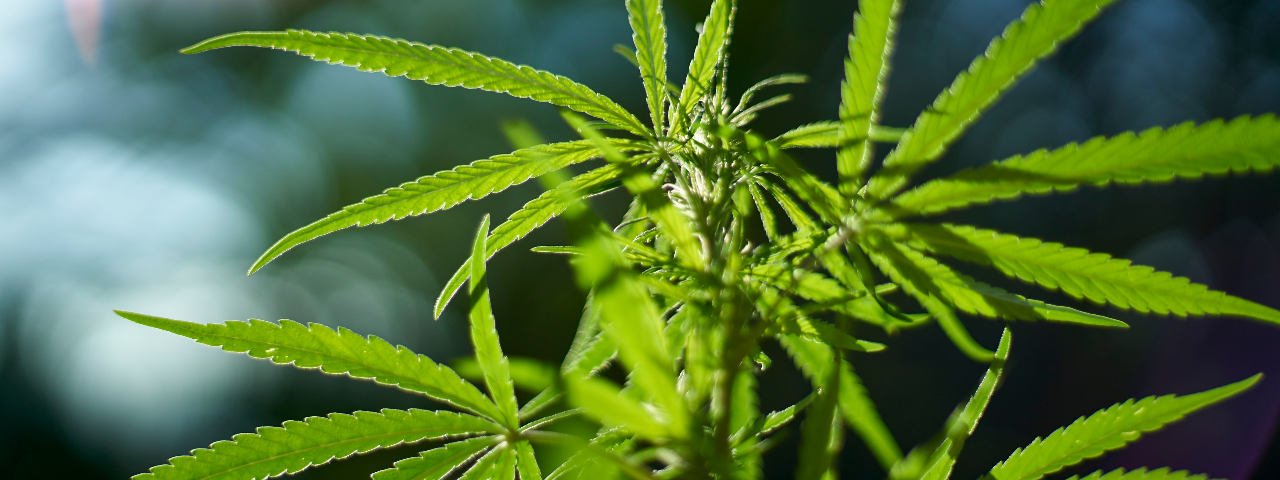Overview of Biden’s Legalization Proposal
The end of the Trump presidency on 20 January 2021, and the swearing-in of the 46th US president, Joe Biden, brings a significant likelihood of federal marijuana reform, one of Biden’s key campaign promises. Amidst the ongoing opioid crisis, legalising cannabis at the federal level would lead many clinicians and patients to reduce their use of highly addictive opioids, and create significant business opportunities for pharmaceutical manufacturers of both pure cannabis (for medicinal purposes) and cannabis-derived pharmaceuticals.
If cannabis were legalised and no longer a controlled substance, more manufacturers could be involved in its production, but this increase in supply could also drive down profit margins for CMOs owning expensive Schedule I facilities—currently the only sites approved for producing cannabis-derived pharmaceuticals.
For many decades, the US Drug Enforcement Agency (DEA) has resisted pressure to reclass cannabis from Schedule I, which indicates it has no accepted medical use and a high potential for abuse. This has created barriers to using marijuana in medical research; pharmaceutical sites manufacturing controlled drug substances need a license issued by the DEA. Reducing the schedule of marijuana may mean more manufacturers will be able to produce it or products derived from the plant.
Despite federal law deeming marijuana to be of no medical value, most US states have either legalised marijuana for medical use, and in some states also for recreational use, or decriminalised its possession. Millions of Americans are already legal medical marijuana patients, using the drug for Alzheimer’s disease, glaucoma, Crohn’s disease, multiple sclerosis, and other conditions. Federal reform would mirror existing state-level laws. President Biden and Vice President Kamala Harris support moderate drug rescheduling, federal medicinal legalisation, allowing states to set their own laws, adult usage marijuana decriminalisation, and expunging prior cannabis convictions.
The DEA’s 2021 production quotas for cannabis (and its extract) are 1,700kg (increased from 444kg in 2018) and tetrahydrocannabinols are 1,000kg (increased from 385kg in 2018) (B/POR, September 2018). These increased quotas, released in August 2020—even before the Biden presidency—indicate that the federal government’s stance on the drug is becoming more liberal and that it will eventually legalise medical marijuana.
Federal marijuana: Cannabis pharma approvals
The FDA has not approved any marketing applications for cannabis. However, it has approved one cannabis-derived drug product, GW Pharmaceuticals’ (Cambridge, UK) Epidiolex (cannabidiol), and three synthetic cannabis-related drug products: AbbVie Inc’s (North Chicago, Il, US) Marinol (dronabinol), Benuvia Therapeutics Inc’s (Chandler, AZ, US) Syndros (dronabinol), and Bausch Health Companies Inc’s (Quebec, Canada) Cesamet (nabilone).

US Tariffs are shifting - will you react or anticipate?
Don’t let policy changes catch you off guard. Stay proactive with real-time data and expert analysis.
By GlobalDataTable 1 shows the dose manufacturing arrangements for FDA-approved cannabis-derived products. Such approvals are limited, and therefore only a few CMOs, such as Patheon (Durham, NC, US), Dechra Pharmaceuticals (Northwich, UK), Renaissance Lakewood LLC (Lakewood, NJ, US), and Bausch, are involved in their manufacture. Where manufacturing is outsourced, it is only done for dose manufacture. Sativex (cannabidiol) is not included in Table 1 as both its API and dose are manufactured in-house by GW Pharmaceuticals. Dronabinol and nabilone dose manufacture is heavily outsourced across different brands of the drugs. There is an indicator from the small number of approved cannabis-related drugs that there could be significant business opportunities for CMOs if these products were to become increasingly approved and used.

There are 45 US CMOs with 79 facilities approved for manufacturing Schedule I controlled substances. Such facilities are expensive. DEA requirements include strict security for the production and storage of the API and vetting of personnel.
Increasing approvals and use of cannabis-based medicines in the US may signal high levels of opportunities for these CMOs, although it could be the case that rising medical marijuana usage may reduce the use of cannabis-derived medicines.
Figure 1 shows DEA schedule I controlled substance CMOs in the US and their facilities.
Figure 1: DEA Schedule I Controlled Substance US CMOs and Their Facilities.

Source: GlobalData, Contract Service Provider Database (Date accessed: 20 January 2021).





